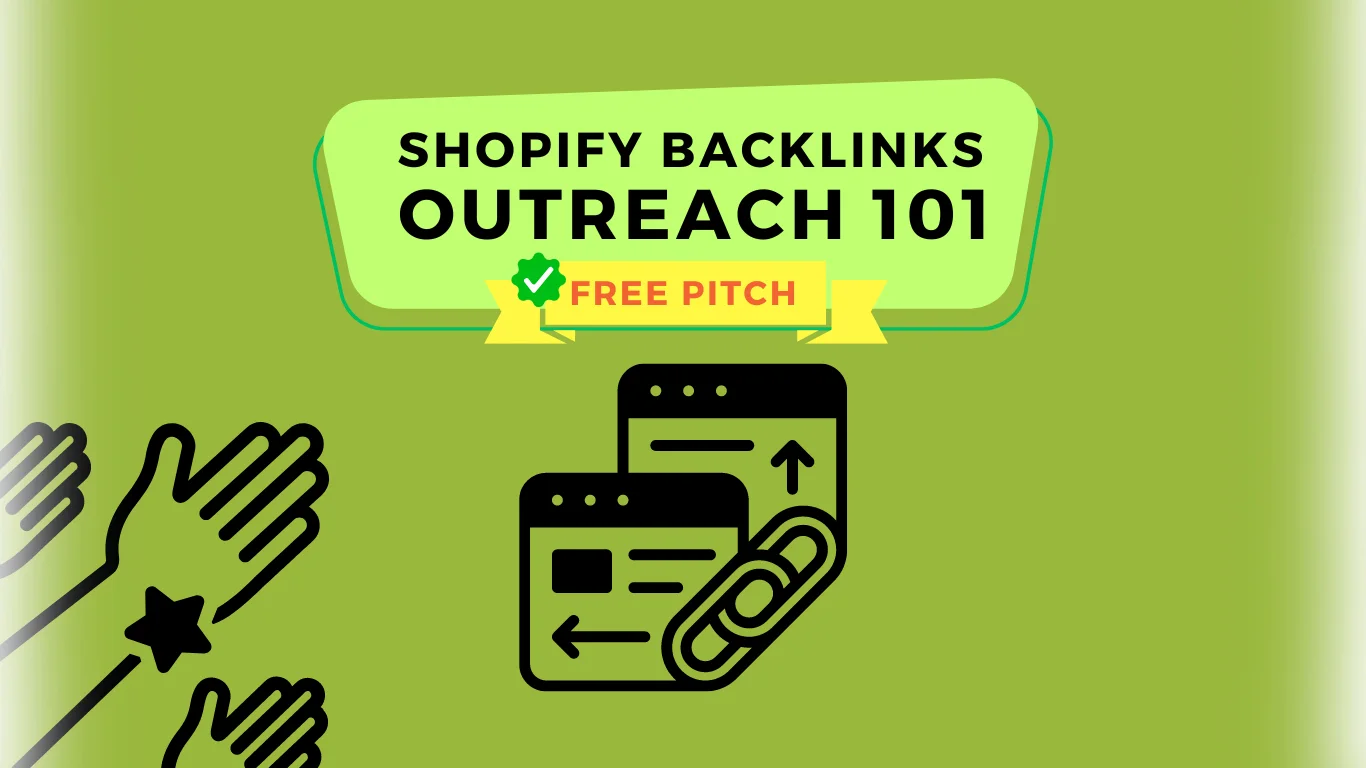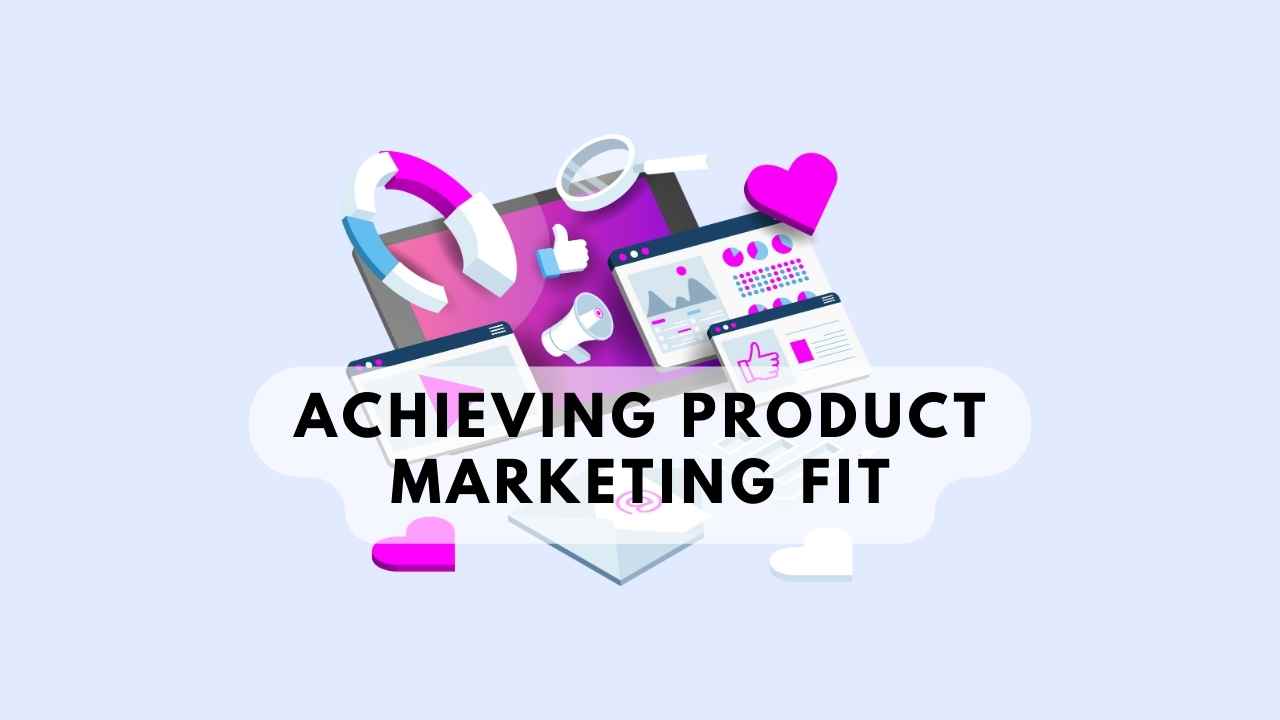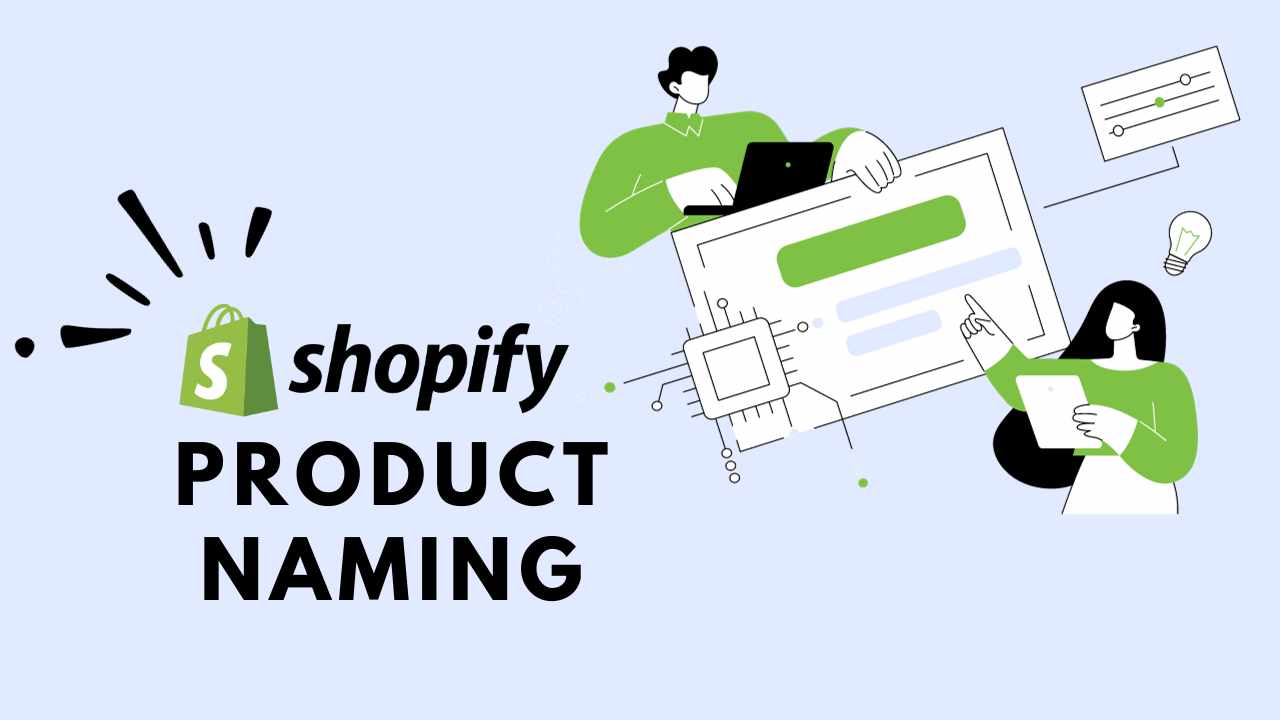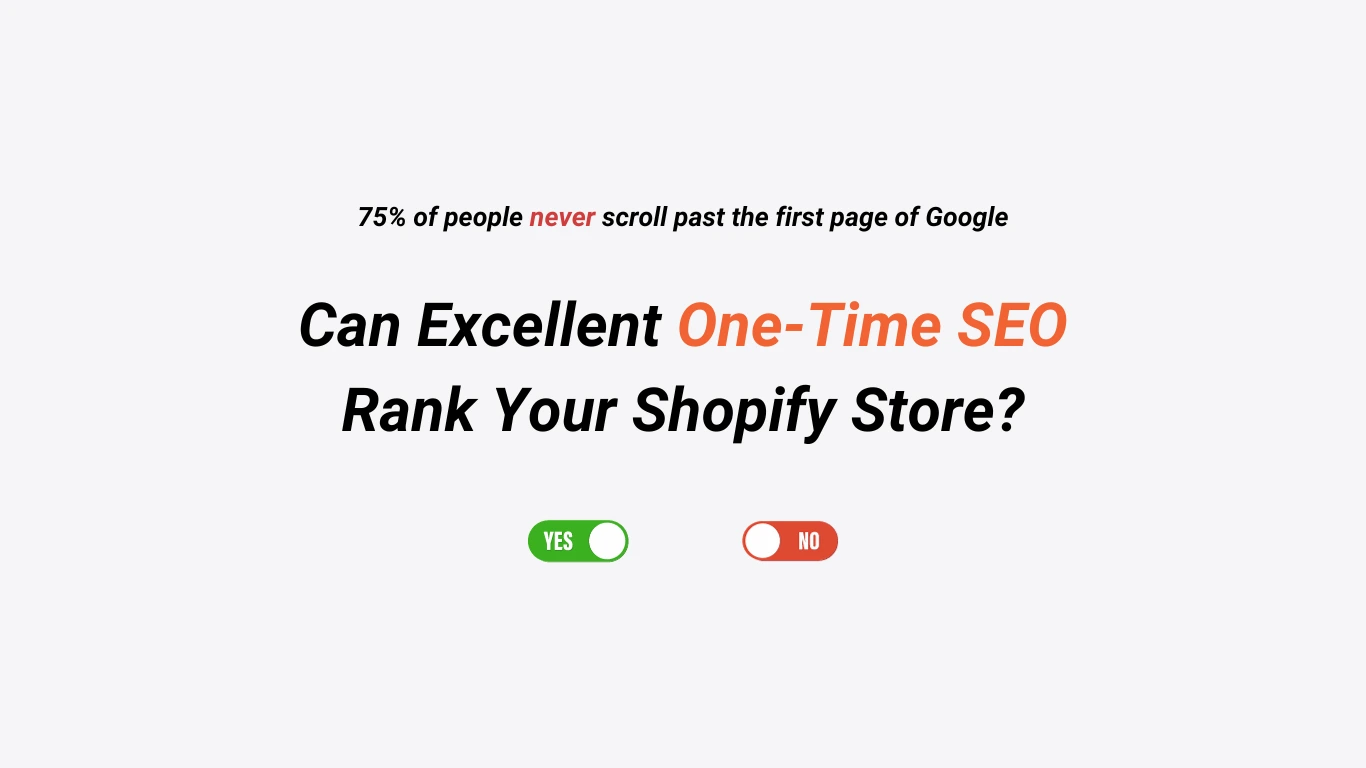Why is it that one Shopify Storefront experiences immense traffic and not yours?
Authoritative Shopify Backlinks make your Shopify Storefront more valuable. You may have better offerings and products. However, your store can not rank well on Google if not embellished with high-quality backlinks.
We bring this concrete guide to Building Shopify Backlinks for all resourceful Shopify entrepreneurs like yourself. No matter the domain and size of your business, our guide works!
In this article, we will show you how to build Shopify Backlinks successfully. We cover the topic in-depth and explain how to get people to your Shopify Store with authoritative backlink profiles. So, let’s get started.
Build Authoritative Shopify Backlinks for Your Store
Authoritative Shopify Backlinks make your Shopify Storefront more valuable. You already know how Shopify keyword research shapes the structure of your Shopify Website and pages. These same keywords also determine the value of links pointing to your website— Shopify Backlinks.
Our Shopify Guide Conduct Keyword Research Like A Pro discusses everything about Shopify Keywords. We recommend you check it out if you don’t already understand the research process behind Shopify Keywords.
So what are Shopify Backlinks, and why are they important? Shopify Backlinks are the links from other websites pointing to your Shopify Site. The more authoritative backlinks your Shopify Site holds, the more Google perceives it as an authority in your niche.
This leads to higher rankings in search results and, ultimately, more traffic to your site.
“Shopify Backlinks are the key to scoring quality traffic faster.”
— Roman Gorski
(Shopify SEO Specialist at Shopify SEO Consultant)
Now let’s get into the different types of backlinks in SEO.
Types of Backlinks in SEO
Dofollow backlinks are generally considered to be more valuable for SEO. This does not mean that Nofollow links do not help. Here’s a brief overview of how each of these types of backlinks in SEO helps your website.
#1: Nofollow Backlinks
Nofollow backlinks are links that do not pass any value to the linked page. The Nofollow backlinks prevent spam and low-quality links from affecting a website’s ranking in search engines. They are often used in blog comments, forum posts, and social media.
#2: Dofollow Backlinks
Dofollow backlinks pass value to the linked page. These backlinks boost the rankings of a website in search engines. They are used in articles, product pages, and other high-quality content.
Actualize strong backlink profiles for Shopify
To build authoritative backlinks and strong link profiles, entrepreneurs must always be on a hunt for Backlinking Opportunities. As we discussed in the beginning, Shopify Keywords help in discovering these opportunities easily. Quality Shopify Backlinks target your top keywords for Shopify product pages, category pages, and other sections of your website.
Let’s say a Shopify store is targeting the keyword “best slimes to buy”
Thus, an ideal backlink could be an article titled “The Best Slimes to Buy for Every Kind of Person” or “The Best Slimes to Buy in 2023 for All Ages.” There are many other ways to create backlinks such as:
- Guest Posting
- Influencer Reviews
- Product Reviews
- Infographic Backlinks
- Shopify Blog Backlinks
Further in the article, you can see how to conduct outreach for Guest Posting backlink opportunities. Our guide works for all types of backlink outreach.
The Best Tools for Shopify Backlinks
The best tool for Shopify Backlinks is Google Keyword Planner as it is free for all.
Moreover, here are some other tools to find high-ranking keywords in your niche.
You can also identify some great link-building opportunities with these tools.
While creating these backlinks, make sure that the material is comprehensive and covers all aspects of your niche. In the case of content, ensure that it is unique, engaging, and provides value to your audience.
Optimizing your store with high-value Shopify Backlinks is a dynamic process.
And more so, a fruitful one!
Let’s move over to the process of adding Shopify Backlinks to your storefront.
How to Add Backlinks to Shopify
Brainstorming how to get people to your Shopify store takes entrepreneurs to different levels.
Don’t get lost in the pool of strategies when you can choose the ultimate actionable guide to Shopify Backlinks.
Firstly, find link-worthy websites.
It’s important to determine which pages you want to link to and from on your Shopify store.
Look for websites that have high domain authority and are relevant to your niche. Having relevant and credible sources as your link targets builds the domain authority of your Shopify Website. For instance, authoritative blogs or industry publications help in positioning your storefront better.
You can link these sources to your product pages, blog posts, or other relevant content on your website. The key is to add the right sources on the right pages with the right text! Now we’re talking about implementation. The best way to get backlinks is to outreach.
Reach out to the website with a crisp email and propose your backlink opportunity.
Steps for Adding a link to your Shopify Page
There are do’s and don’t for Backlink Outreach which we have discussed further in the article.
But let’s say you’ve found a link-worthy page to link to.
Here’s a three-step rundown on how to add a link to the Shopify page:
- Step 1: Highlight the text you want to link
- Step 2: Click the Hyperlink icon in the text editor (or press Ctrl + K)
- Step 3: Paste the URL of the target page into the box and click Insert Link
This will create a hyperlink from your Shopify Website page to the target page.
Generally, it is best to build backlinks through your Shopify Blog Pages or Referral Offer Pages.
Make sure your links are working correctly and are not broken. Test each link to ensure that it takes you to the correct page. This is where regular Shopify Backlink Audits will come in handy.
Monitor your backlink profile regularly to ensure that the links remain active and relevant. This will help you maintain a healthy backlink profile and improve your search engine rankings over time.
Can backlinks hurt SEO for Shopify Websites?
Yes, low-quality backlinks can hurt your Shopify SEO if they outnumber high-quality backlinks. Toxic backlinks from low-quality and low-authority sites are not going to pump your SEO efforts. It’s best to spot these links and remove them from your website. An SEO Audit from our Shopify SEO Experts can come in handy in many ways.
How many backlinks per month are good for Shopify?
There is no specific number of backlinks per month that is considered “good” for a Shopify store.
Many Shopify Entrepreneurs on their journey to understand Shopify SEO ask us how many backlinks per month are good for Shopify Stores. We just tell them one thing. The quantity of Shopify Backlinks is not as important as the quality and relevance of those links.
We get where that question is coming from.
It’s time to debunk the myth about having 1000 backlinks resulting in phenomenal traffic.
The right question to ask would be how relevant links are good for Shopify. Just five to seven quality backlinks can drive enough traffic for a store compared to 1000 backlinks that are not-so-link-worthy. Link relevance and Authority are the cues here.
Why would sources want to be linked to your store?
The other sources are also trying to build their search engine authority.
So instead of focusing on creating a specific number of backlinks per month, shift the focus towards creating high-quality content that others will naturally want to link to.
One way to invite link-building opportunities is to create valuable material and optimize your storefront. This includes Shopify blog posts, infographics, videos, and other types of content that provide value to your target audience.
Pilot your Shopify Backlinks Outreach for Guest Posting
The sole motive of Guest Blogging is to create content that’s valuable, linkable, and shareable. It is one of the best ways to get backlinks. This strategy includes finding the right blogs to pitch to and quality content creation.
Finding guest blogging sources in related niches as your Shopify store ensures that you get high-quality backlinks relevant to your site. Then comes outreaching these blog sources and presenting them with a valuable link opportunity through your Shopify Website.
One way to find relevant blogs is to use Google Search.
You can start by searching:
- Guest Post + [your niche]
- Write for Us + [your niche]
This will bring up a list of blogs that accept guest posts in your niche.
Another way to find relevant blogs is to use a tool like Semrush, and Moz.
These tools allow you to search for blogs in your niche. They help you to see their domain authority and traffic metrics. This can help you find high-quality blogs that are likely to provide valuable backlinks.
How to do Outreach for Shopify Backlinks?
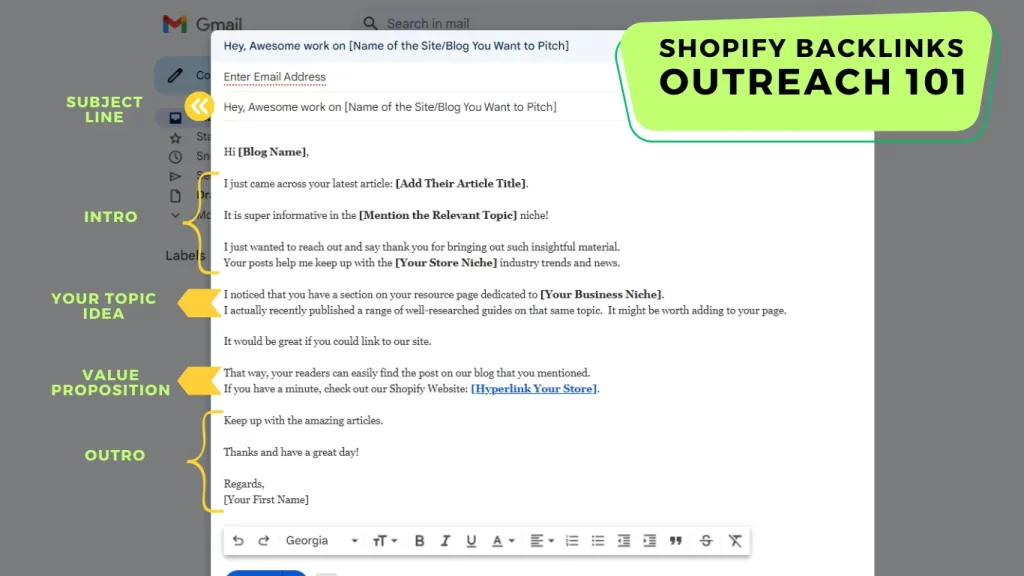
This is just one example.
Take it as a standard starting point for Shopify Backlinks Outreach emails.
Remember, the more you personalize and show that it matters, the better your chances get.
Coming to crafting the perfect pitch for Guest Blogging. Your pitch should be personalized and tailored to the specific blog you’re pitching. Let’s discuss the process and best tactics for a Successful Backlink Request. Let’s dive into the specifics of the simple email draft above.
Your backlink request pitch must include a few key elements.
- An introduction
Start by introducing yourself and your Shopify store. Let the blog owner know why you’re interested in guest blogging for their site.
- A topic idea
Pitch a specific topic that you think would be a good fit for the blog. Ensure the topic is relevant to the blog and your Shopify store.
- A value proposition
Let the blog owner know what’s in it for them. Explain why your content will be valuable to their audience and how it will benefit their blog.
- Your credentials
Include a brief bio and any relevant credentials or experience that make you an authority in your niche. This will help improve your search engine rankings and drive more organic traffic to your Shopify store.
This will help you kickstart the initial outreach for Shopify Backlinks.
Creating a strong backlink list
Checking backlink importance and building a strong backlink list is essential. One way to check backlink importance is to use a backlink checker tool. There are many wonderful tools. Check out SEMrush.com and Ubersuggest.com. These tools can help you identify the quality and quantity of backlinks pointing to your website. Another way to keep up a strong backlink profile is to take up link audits.
Review your backlink profile consistently.
This involves looking at the anchor text of the backlinks, the domain authority of the websites linking to you, and the number of backlinks pointing to each website. Besides this, stay open to being involved with communities, forums, guest blogging, etc.
You can also reach out to other websites and ask them to link to your content. This is a highly recommended strategy for creating a strong backlink list. When you reach out to other websites, just be sure to provide them with a reason to link to your content. Make your content informative, well-written, or relevant to your audience. Nine out of ten times, websites will not deny linking. Try it!
Promoting Your Guest Post
Once your guest post is published, it’s important to promote it. Promoting your Guest Post ensures that it gets seen by as many people as possible. This increases the chances of getting backlinks to your Shopify store. You can promote your guest post by sharing it on social media platforms. Make sure to tag the blog owner and any relevant influencers in your niche.
Know how to share your Shopify store link in the most rewarding ways possible.
For instance, reach out to your email list.
Send an email to your email list letting them know about your recent guest post. It is important to keep the email super short, personalized, and crisp. The motive is to encourage the readers to check out your post and share it.
Lastly, engaging with readers who comment on your post is also a part of promoting your guest post. This can help build relationships and increase the chances of getting backlinks. Furthermore, any buzz in your comments must be addressed so that new readers get bite-size information from your interactions.
Speaking of bite-sized information for store visitors…
Incorporate Shopify Schema Presets on your website. It’s one of the best tactics to help customers give enough information about your store and products before they even click through. It also enhances your website’s SEO performance by providing Google structured data.
Conclusion
Shopify Backlinks will take you from wondering “How to get my Shopify website on Google” to actually ranking on Google! You can build high-quality and relevant Shopify Backlinks via these strategies like Guest Posting, Influencer Reviews, Product Reviews, Quality Infographics, and Creating an informative Shopify Blog.
Our Shopify SEO Services help Pro-Growth Shopify Entrepreneurs strike a balance between healthy SEO strategies and optimal organic rankings. Get in touch with us to grow your store faster.

